Introduction: When Climate and Health Intersect
A landmark report from the Global Climate and Health Alliance (GCHA) has laid bare the sweeping toll of fossil fuels—not just on the environment, but on human health at every stage of life, from the womb to old age.
By documenting harms that extend from extraction, transportation, combustion, and disposal, the report reframes the debate around fossil fuels: this is not just about climate change, but about public health, justice, and survival.
The Lifecycle of Fossil Fuel Harm
1. Extraction
- Coal mining → lung disease, accidents, contaminated water.
- Oil drilling → toxic spills, cancer clusters near refineries.
- Gas fracking → groundwater contamination, earthquakes, and chemical exposure.
Local communities—often marginalized—pay the price in chronic illness and environmental degradation.
2. Transportation
- Pipelines leak methane and pollute water.
- Oil tanker spills devastate coasts and fisheries.
- Transport corridors expose communities to air pollution, noise, and chemical hazards.
3. Combustion
Burning fossil fuels is the single largest source of global greenhouse gas emissions. But beyond climate:
- Air pollution kills over 7 million people annually (WHO).
- Children face asthma, developmental delays.
- Adults face strokes, heart disease, lung cancer.
4. Disposal
Coal ash ponds leak heavy metals like arsenic and mercury into rivers. Abandoned wells release methane. Plastics (oil derivatives) persist in soil and oceans, entering the food chain.
Impacts Across the Human Life Cycle
- Fetus & Infants – Prenatal exposure linked to low birth weight, premature birth, birth defects, impaired brain development.
- Children – Asthma, reduced lung capacity, learning difficulties.
- Adults – Chronic respiratory illness, cardiovascular disease, cancers.
- Elderly – Increased vulnerability to heatwaves, air pollution, and infectious disease.
The report makes clear: fossil fuels are a cradle-to-grave threat.
Public Health as the New Climate Battleground
This report shifts the lens of climate advocacy:
- Instead of abstract “degrees of warming,” it speaks of lives lost, illnesses suffered, and health systems strained.
- Linking climate to health builds public resonance and urgency.
- It strengthens the moral argument: continued fossil fuel use is not just unsustainable—it is unjust.
Fossil Fuels and Climate Justice
The burden is not equally shared:
- Low-income communities near refineries bear disproportionate health risks.
- Developing countries often import dirty fuel technologies.
- Indigenous groups lose land and livelihoods to extraction.
Thus, fossil fuels are not only an environmental issue, but a justice issue.
The Case for Clean Energy Transition
The GCHA report bolsters arguments for renewables:
- Solar, wind, hydro, and geothermal don’t emit toxic air pollutants.
- Energy efficiency reduces demand and exposure.
- Electrification of transport and heating cuts reliance on fossil fuels.
Transitioning to clean energy could prevent millions of premature deaths annually, while also mitigating climate change.
Policy Implications
- Stricter Air Quality Standards – Aligning with WHO’s updated guidelines.
- Fossil Fuel Phase-Out – Timetables for coal plant retirement, oil and gas restrictions.
- Health Impact Assessments – Mandatory before approving new energy projects.
- Just Transition Policies – Protecting workers and communities as industries shift.
- Global Cooperation – Health framing at COP climate negotiations.
Role of Activism and Advocacy
Health narratives empower climate activism:
- Doctors and nurses now join climate protests, emphasizing the health emergency.
- Public campaigns highlight stories of children with asthma, or elders suffering from heatwaves.
- Framing fossil fuels as a public health crisis resonates beyond the environmental community.
Criticisms and Counterpoints
- Energy Poverty Argument: Fossil fuel advocates argue developing nations need cheap energy.
- Transition Costs: Shutting down coal/oil too quickly risks economic shocks.
- Technological Challenges: Renewable intermittency and storage remain hurdles.
Yet, the report stresses that the health costs of inaction outweigh the costs of transition.
Conclusion: The Health Case for a Fossil-Free Future
The GCHA report is a wake-up call. Fossil fuels are not just carbon molecules causing distant warming—they are toxic agents harming human bodies right now.
From the unborn child in polluted wombs to elders gasping through smog-filled summers, the health case for clean energy is unassailable.
If policymakers and industries ignore this, they ignore not just climate science, but the cries of their own citizens.
This is no longer about polar bears or distant glaciers. It’s about our lungs, our children, our future.
#FossilFreeFuture #ClimateHealth #CleanEnergyNow #PublicHealth #ClimateJustice #SarhindTimes #AirPollution #EnergyTransition




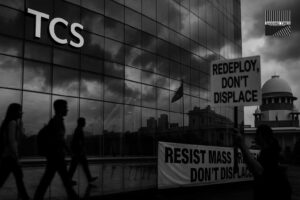






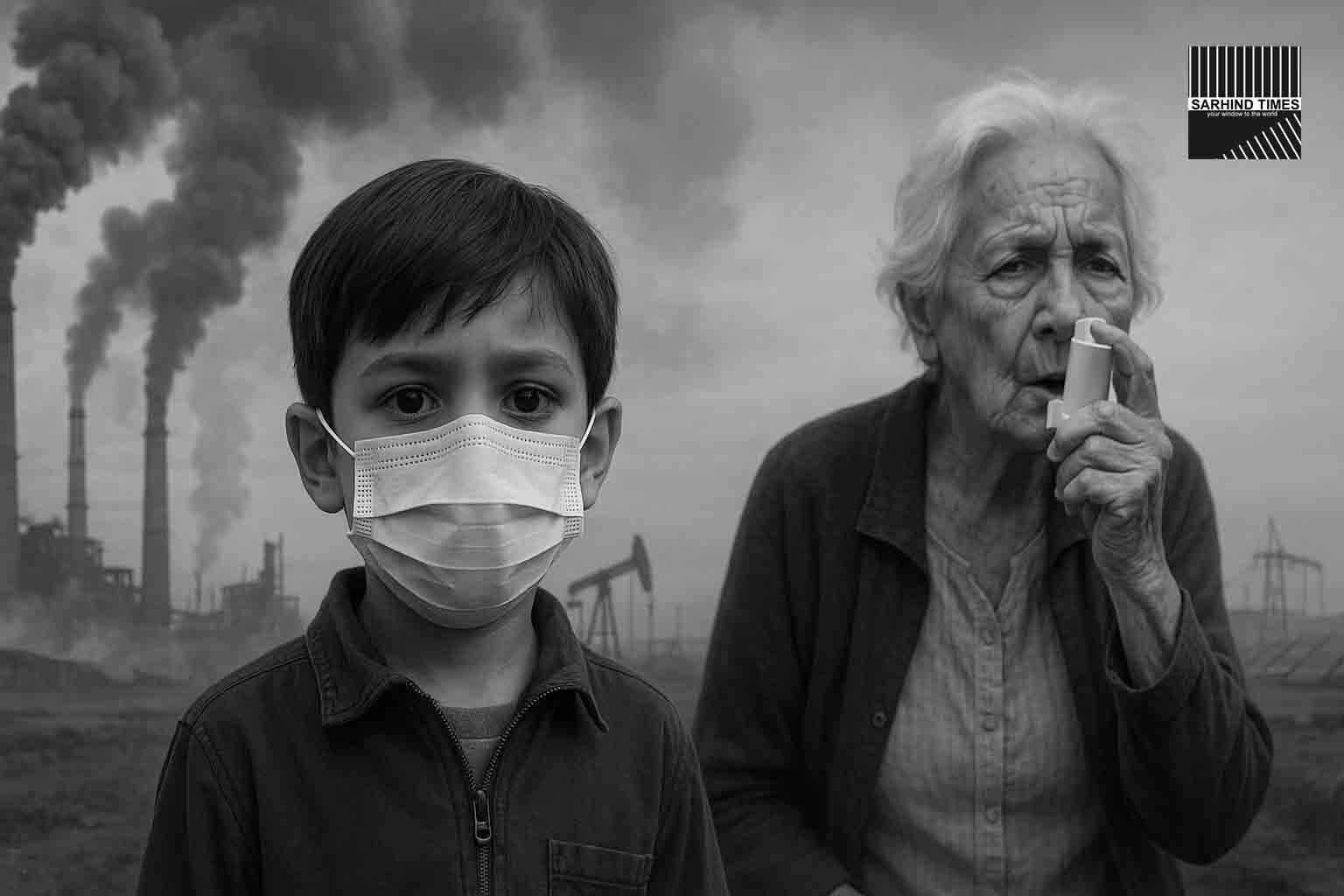
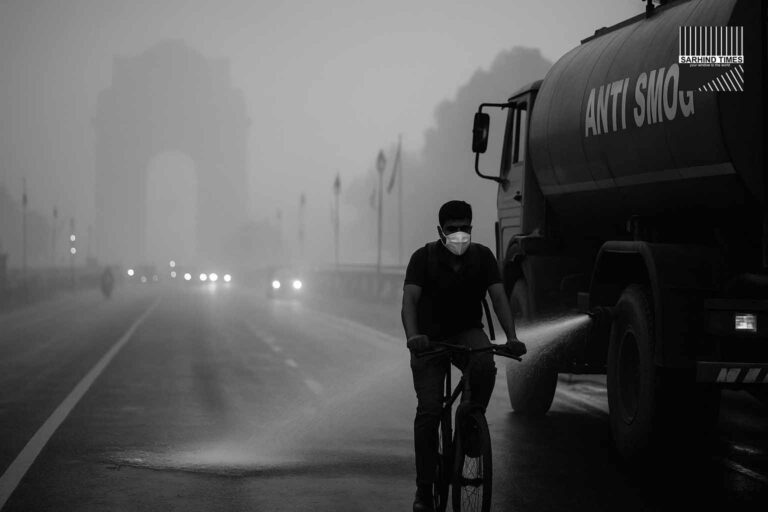
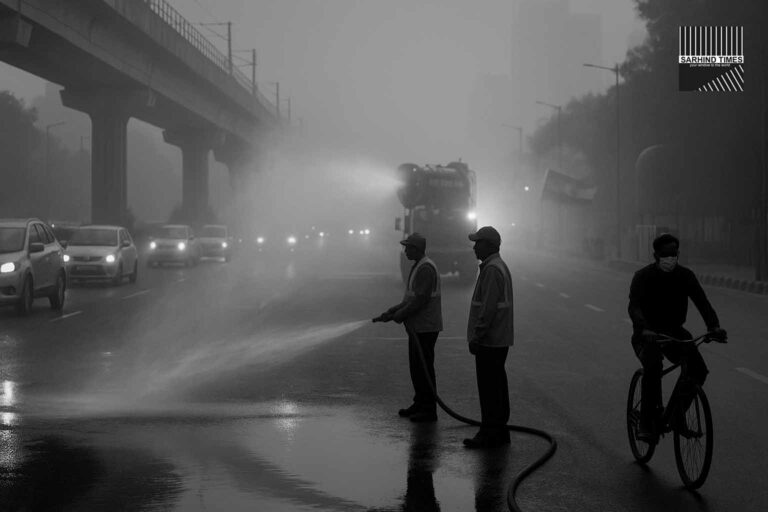





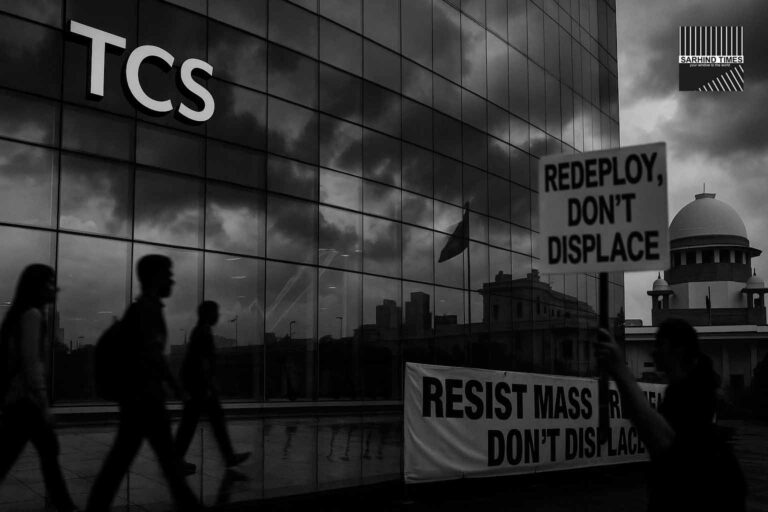


+ There are no comments
Add yours